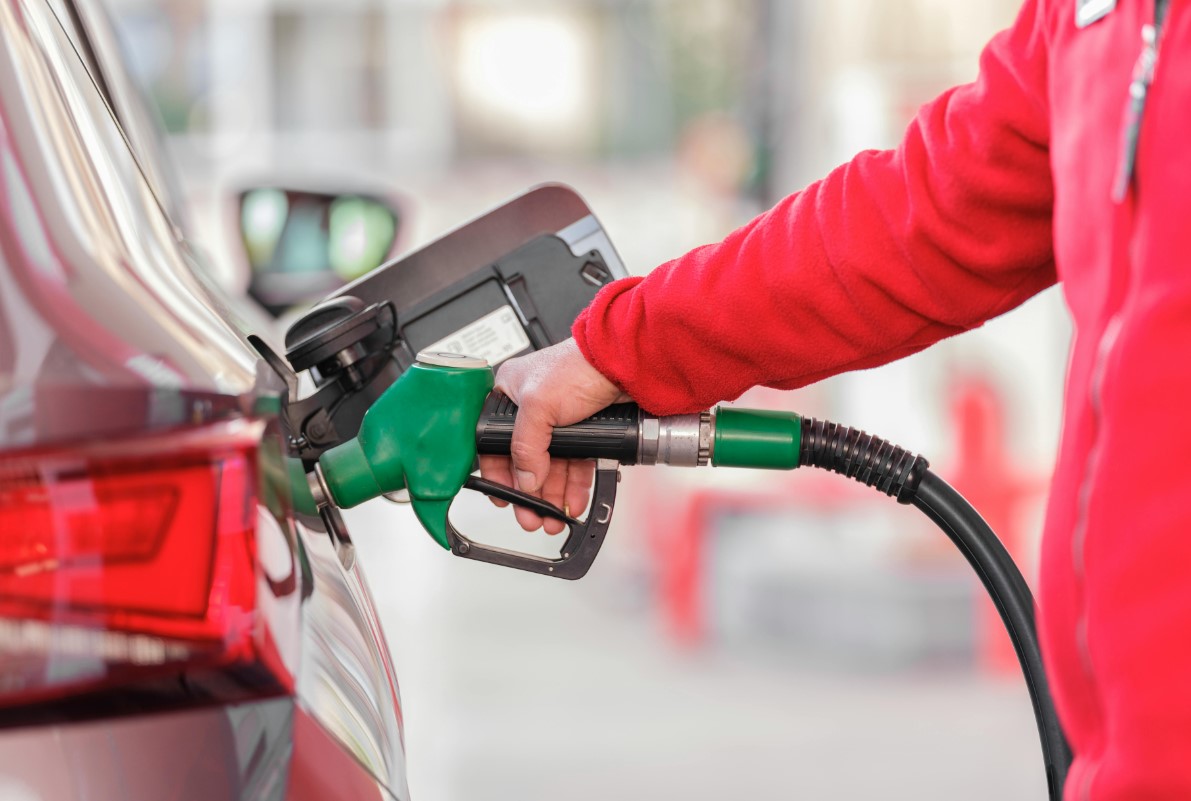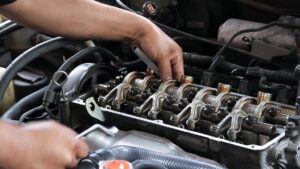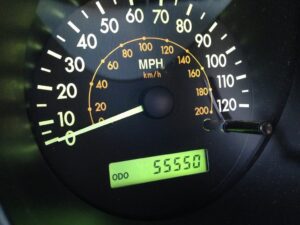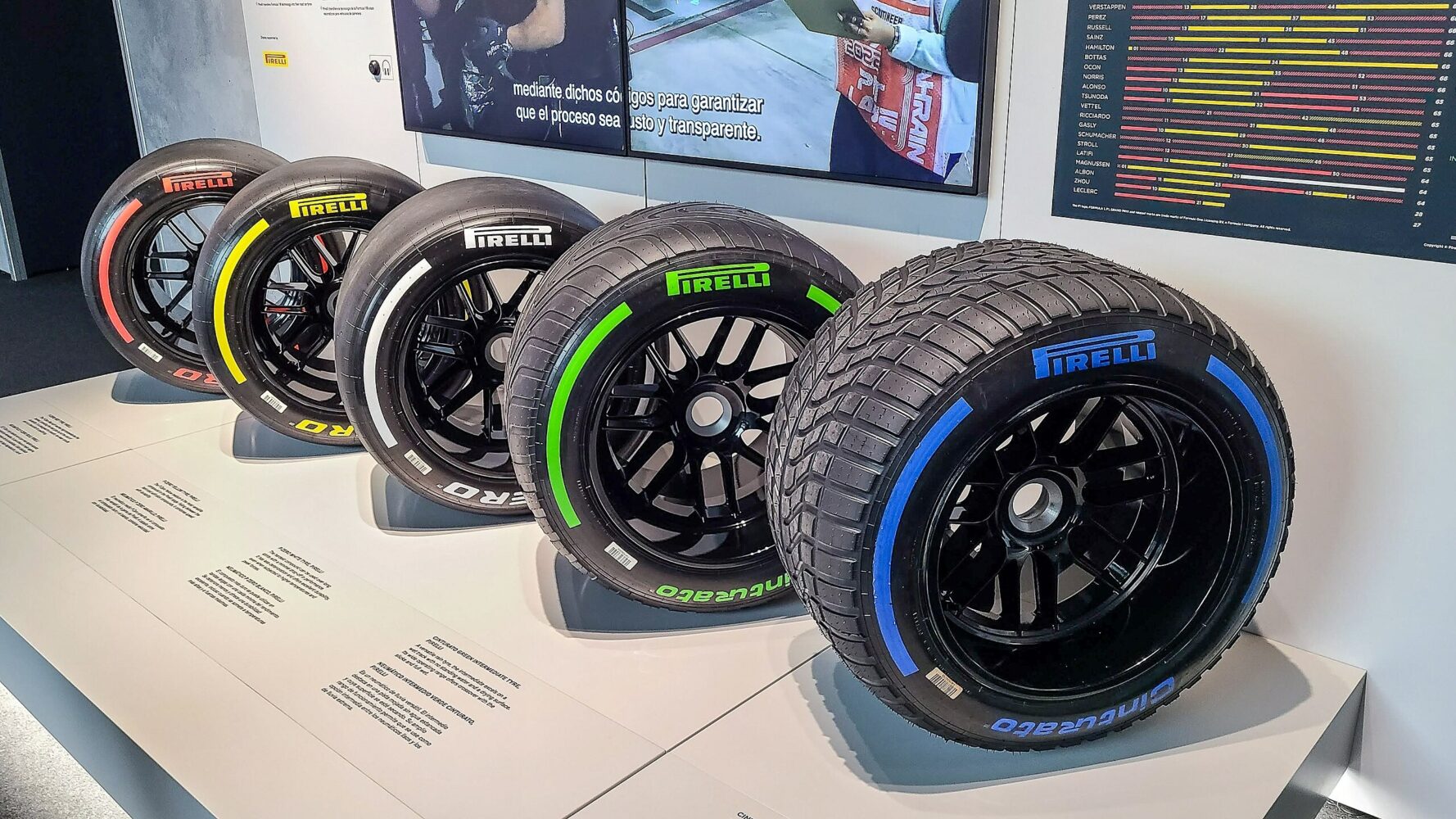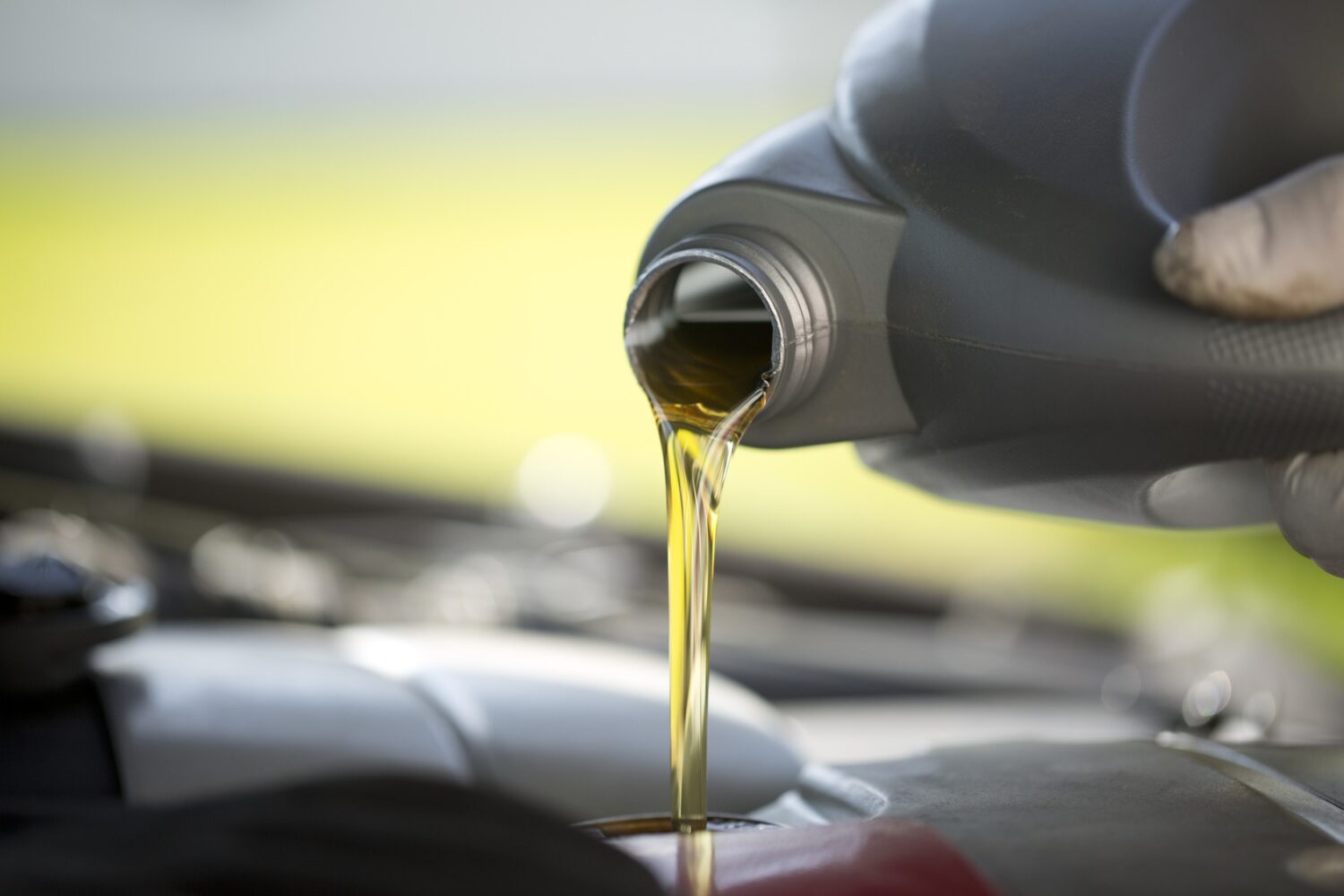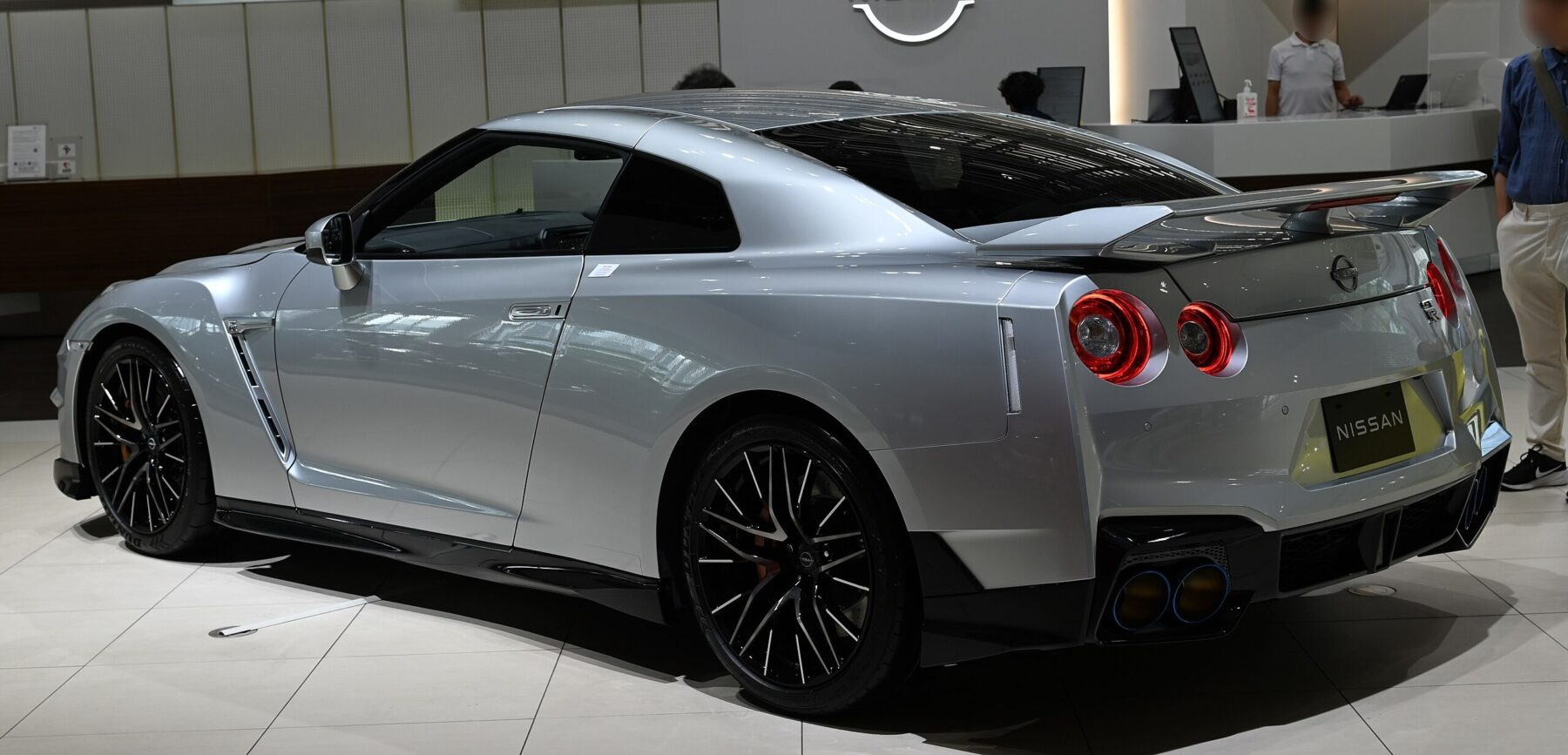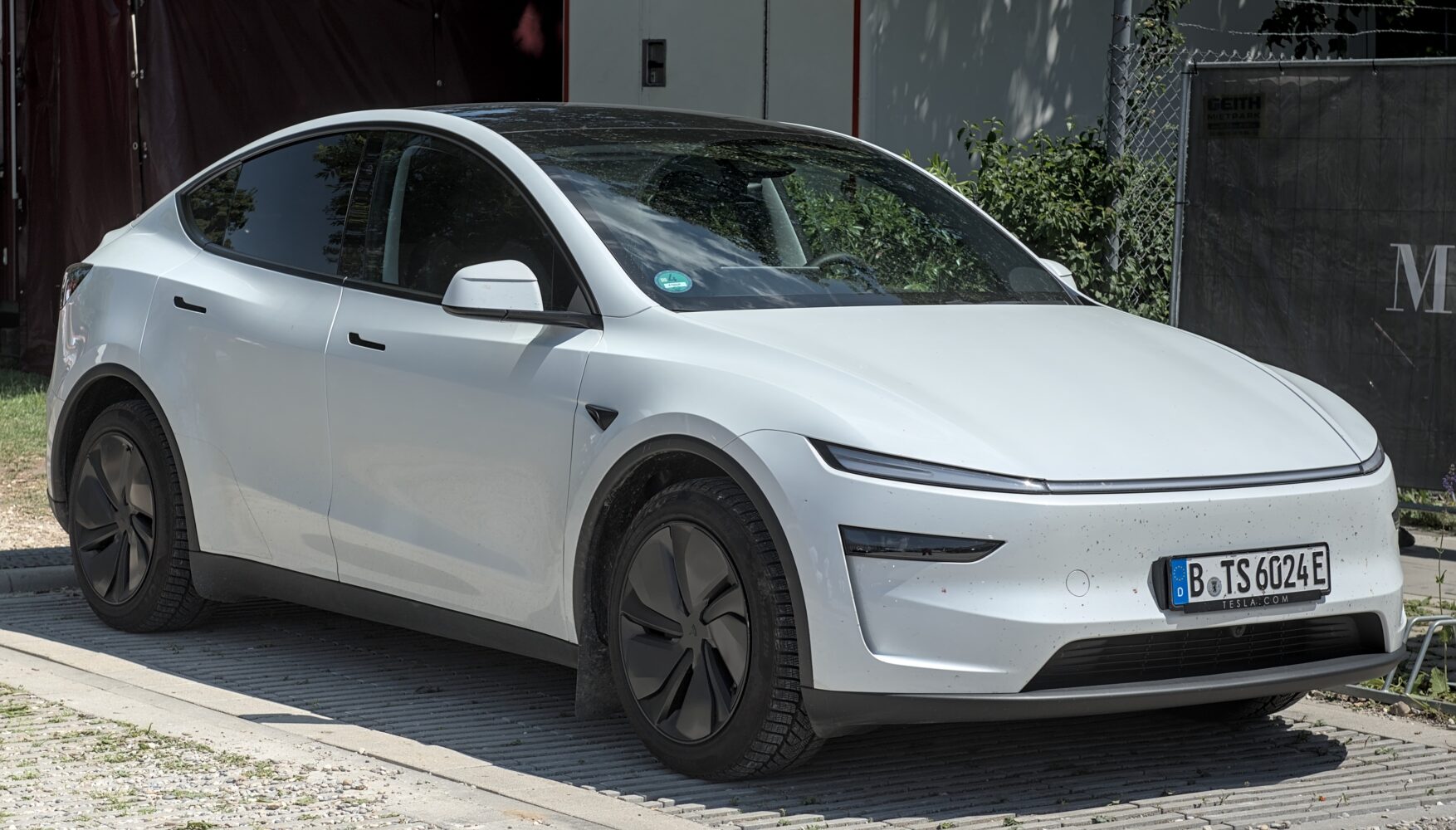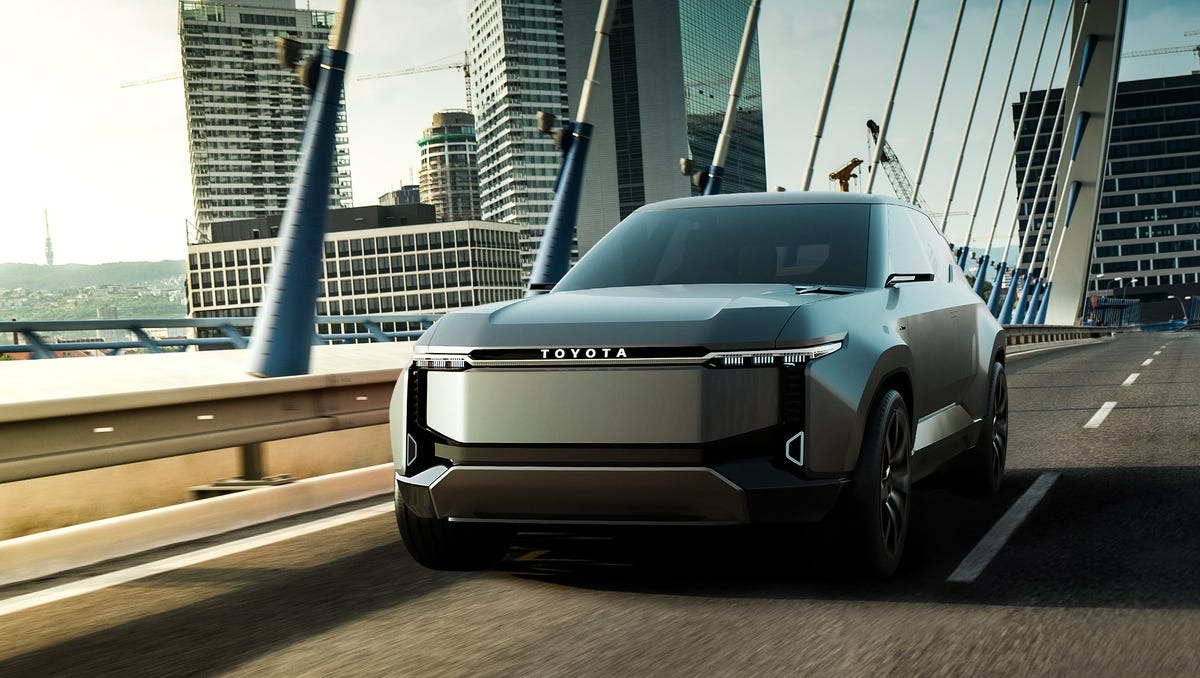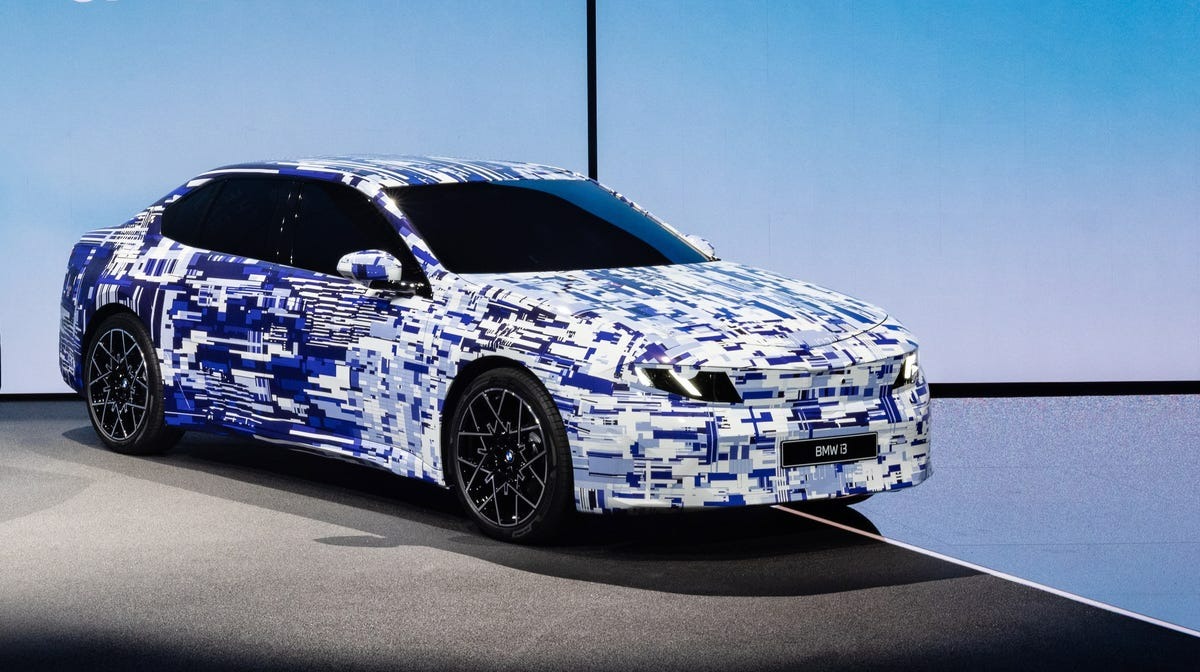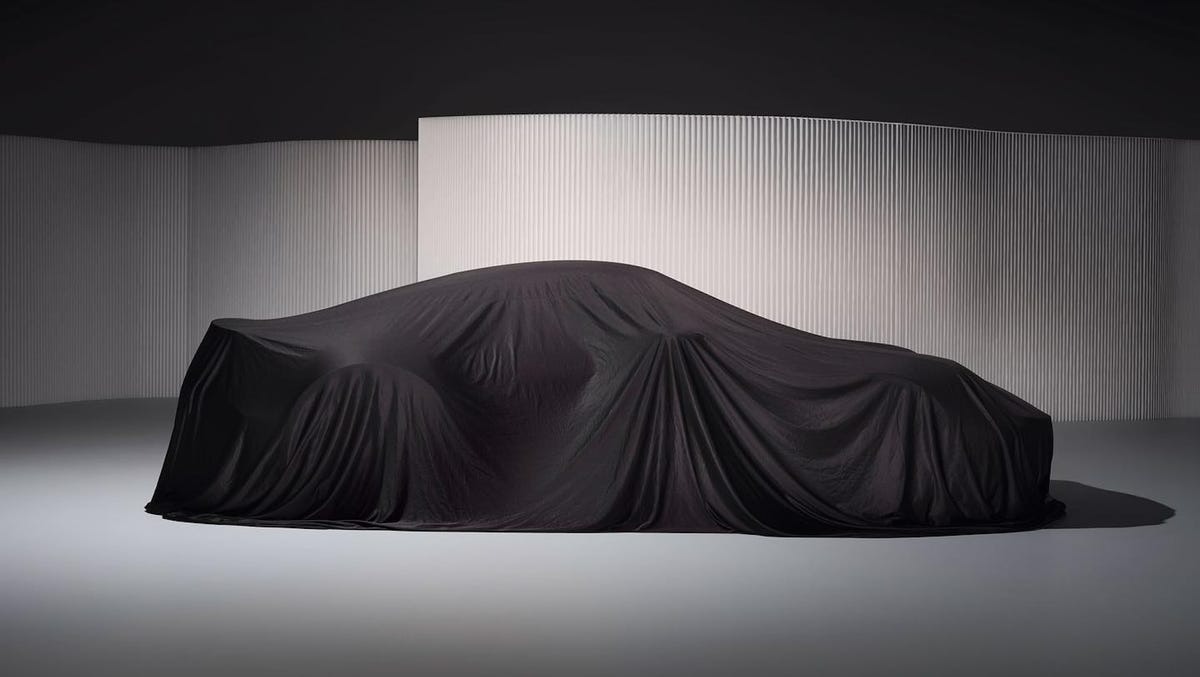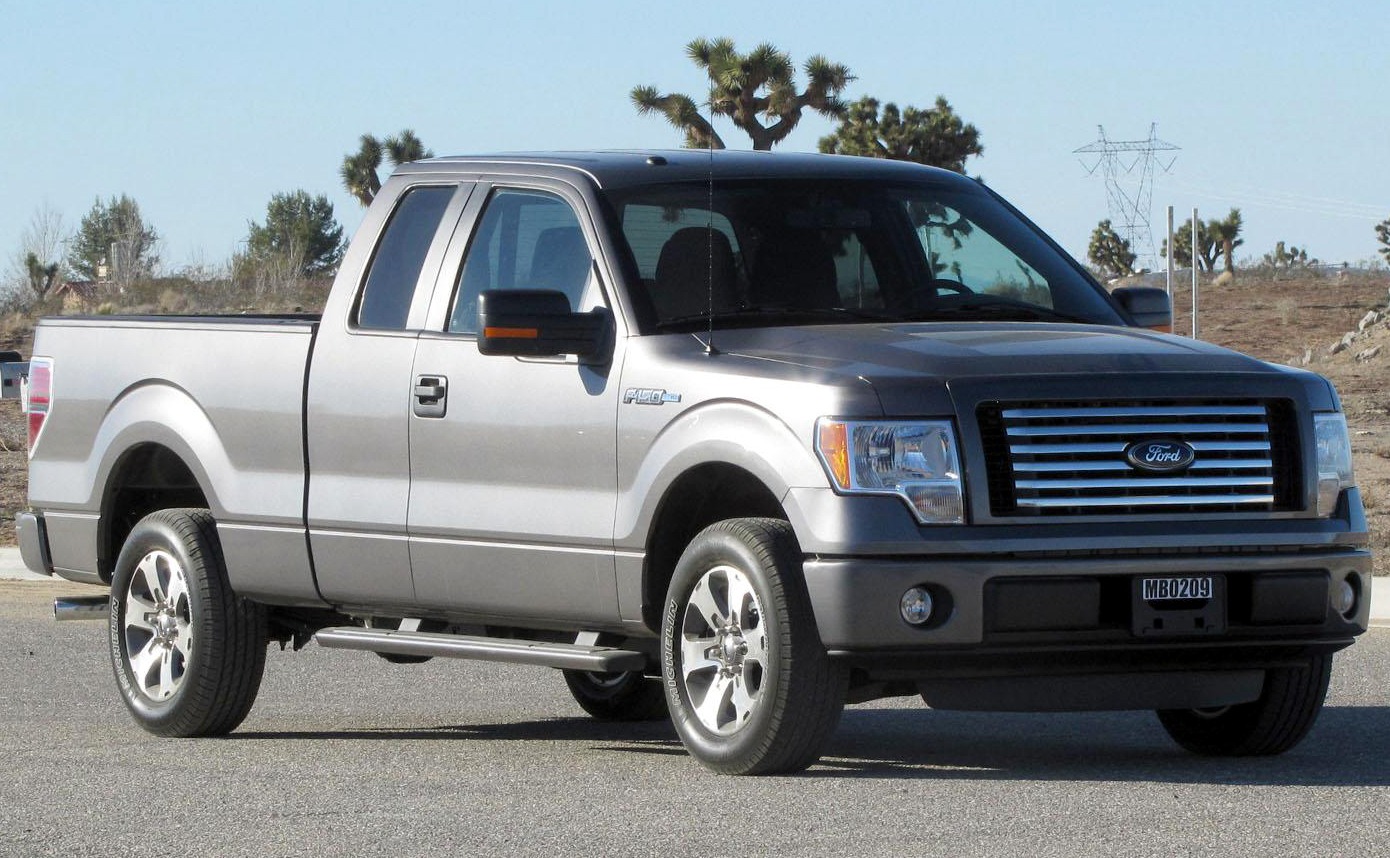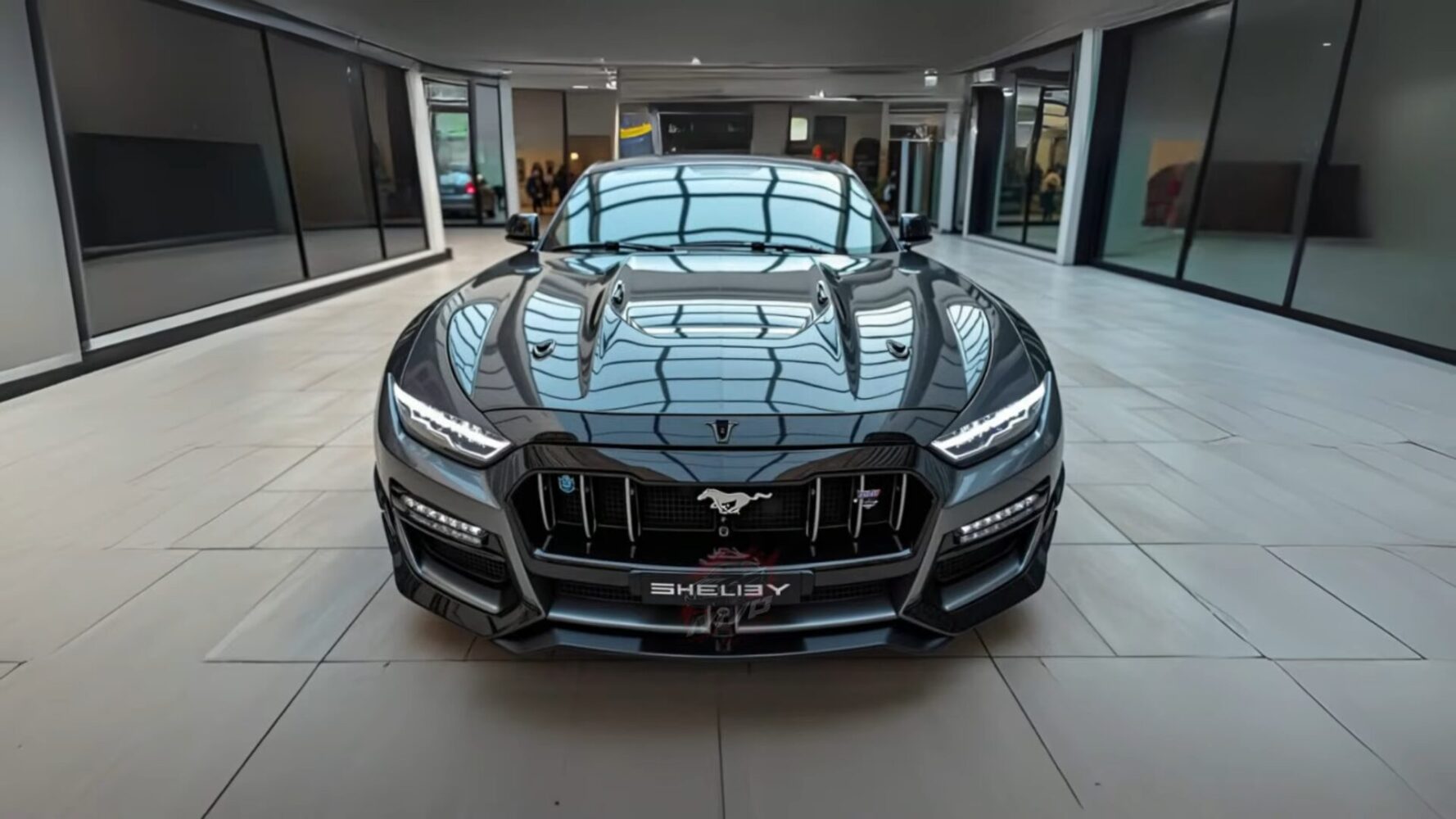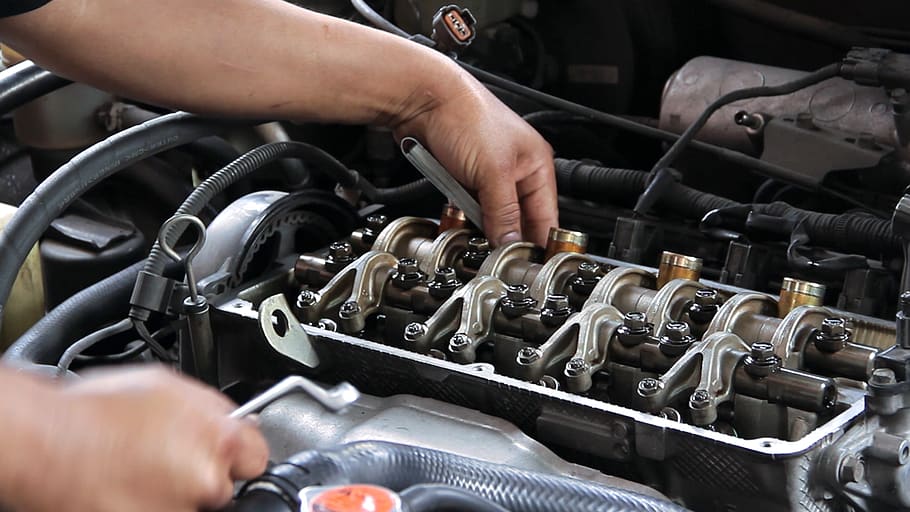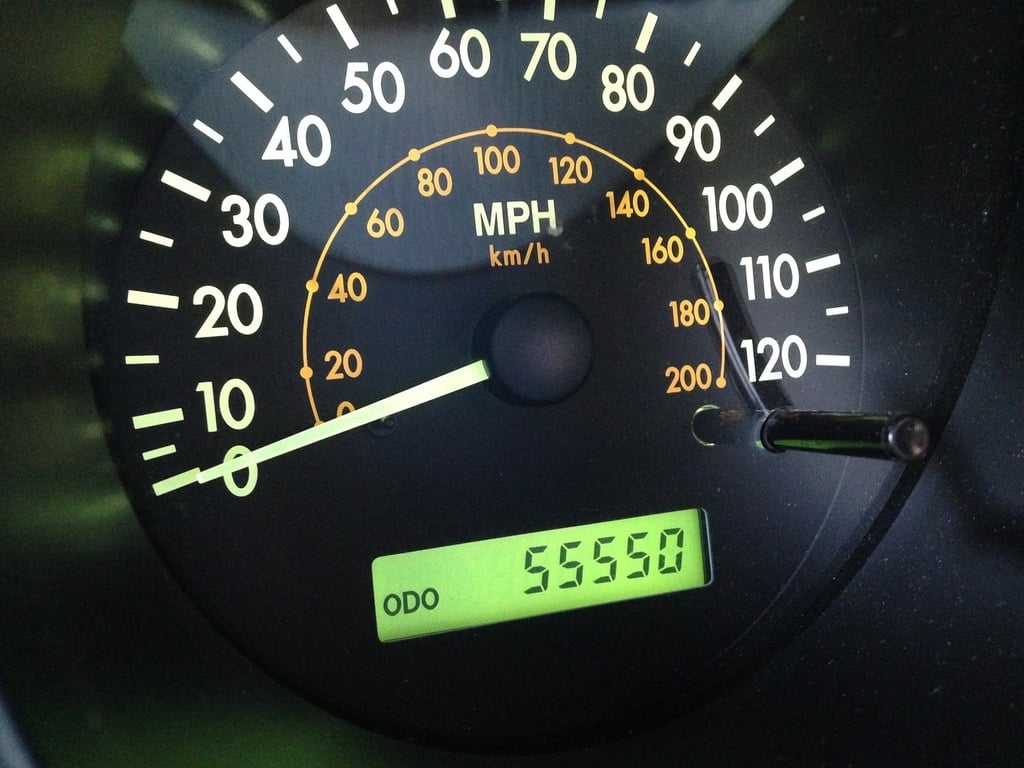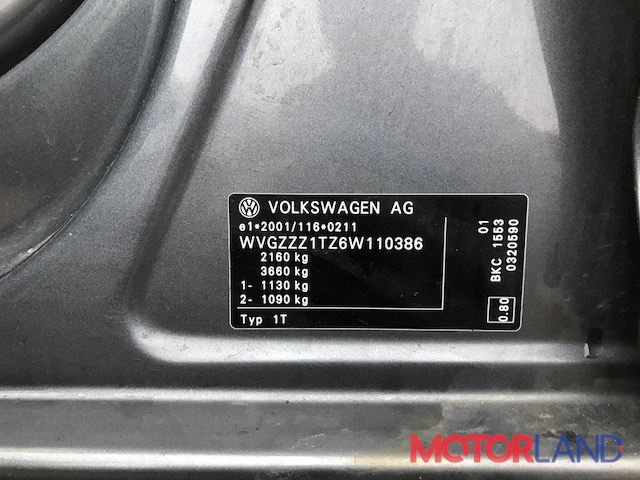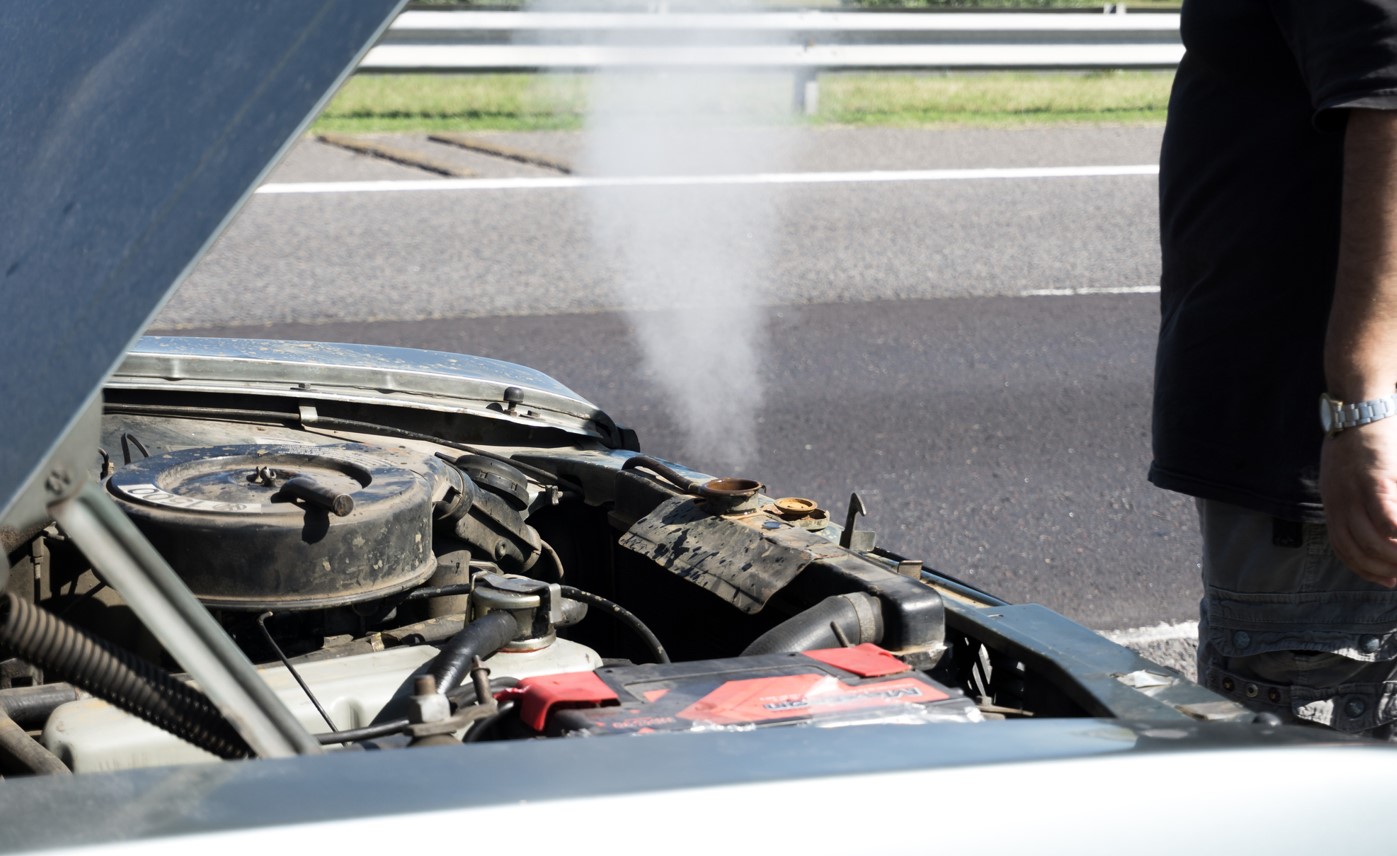Alright, gearheads, let’s talk about something we’ve all done a million times: pumping gas. But have you ever stopped to really think about whether you need to turn your car off? It seems like common sense, right? But is it just an old wives’ tale, or is there actual science and safety behind it? We’re diving deep into the reasons why you should (or maybe shouldn’t) be turning off that engine while fueling up. We’ll tackle the myths, the facts, and everything in between, all with a tuner’s perspective.
Key Takeaways:
- Safety First: Turning off your engine while pumping gas is primarily a safety precaution to minimize the risk of fire.
- Vapor Recovery: Modern fuel systems are designed to minimize vapor release, but turning off the engine helps reduce potential ignition sources.
- It’s the Law (Sometimes): Many jurisdictions have laws requiring you to turn off your engine while fueling.
- No Performance Boost: Turning your car off and on won’t magically improve your fuel economy or performance.
Understanding the Basics of Turning Off Your Car to Pump Gas
Let’s break it down. The primary reason we’re told to turn off our cars while pumping gas is to eliminate potential ignition sources. Your car’s engine, even when idling, involves combustion – tiny explosions happening constantly. While the risk is low, a stray spark or a build-up of static electricity could ignite fuel vapors. Think of it like this: you wouldn’t light a match next to an open gas can, right? Turning off the engine is the automotive equivalent of putting out that match.
Now, modern cars have sophisticated fuel systems designed to minimize vapor release. These systems, often called vapor recovery systems, capture and recycle fuel vapors, preventing them from escaping into the atmosphere. However, these systems aren’t foolproof, and older cars might not have them at all. So, even with these advancements, the principle remains: eliminate potential ignition sources.
Importance and Implications
Why should you, as a tuner or gearhead, care about this? Because we’re all about maximizing performance and minimizing risk. While the chances of a fire are statistically low, the consequences can be catastrophic. Think about the potential damage to your pride and joy, not to mention the risk to yourself and others. It’s simply not worth the risk.
Furthermore, many jurisdictions have laws requiring you to turn off your engine while fueling. Ignoring these laws can result in fines or other penalties. As responsible enthusiasts, we should always adhere to local regulations.
Practical Applications or Strategies
Here’s the drill: when you pull up to the pump, turn off your engine. It’s that simple. Don’t leave it idling while you’re filling up. It takes seconds, and it’s a small price to pay for peace of mind. Also, avoid getting back into your car while fueling, as this can build up static electricity. If you absolutely must get back in, touch a metal part of the car before touching the fuel nozzle to discharge any static.
Pro Tip: Keep your fuel cap in good condition. A damaged or missing fuel cap can allow fuel vapors to escape, increasing the risk of ignition.
Expert Insights or Case Studies
Let’s be real, you probably won’t find a case study of a tuner’s car spontaneously combusting at a gas station because they left the engine running. The rarity of such events is precisely why some people get complacent. However, fire safety experts consistently recommend turning off your engine. They emphasize that even with modern safety features, the risk, however small, is still present.
Think of it like wearing a seatbelt. You might never need it, but you wear it anyway because it significantly reduces your risk of injury in an accident. Turning off your engine at the pump is the automotive equivalent of buckling up.
Mythbusting: Does Idling Hurt My Engine?
Some people argue that constantly turning your engine on and off is bad for it. While there’s a tiny bit of truth to that (starting an engine does cause some wear), the amount of wear caused by a few extra starts at the gas station is negligible compared to the overall wear and tear of driving. Modern starters and batteries are designed to handle frequent starts. So, don’t let that argument sway you.
Conclusion:
So, there you have it. Turning off your engine while pumping gas is a simple, yet crucial safety precaution. While the risk of a fire is low, the potential consequences are severe. As tuners and gearheads, we’re all about pushing the limits, but not when it comes to safety. Play it safe, turn off your engine, and keep your ride (and yourself) in one piece.
Frequently Asked Questions:
What is do you have to turn your car off to pump gas?
It’s the practice of switching off your vehicle’s engine while refueling at a gas station to minimize the risk of fire.
Why is do you have to turn your car off to pump gas important for Tuners, gearheads, speed freaks?
Because we value our cars and our safety. It’s a simple precaution that can prevent a potentially catastrophic event.
How can I apply the concepts of do you have to turn your car off to pump gas in my context?
Simply turn off your engine every time you fuel up. It’s a habit that takes seconds to form and can save you a lot of trouble.
Where can I learn more about do you have to turn your car off to pump gas?
Check out your local fire department’s website or the National Fire Protection Association (NFPA) for more information on fuel safety.


